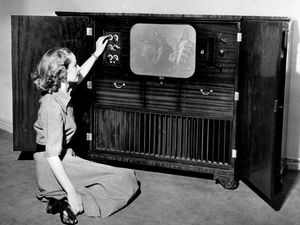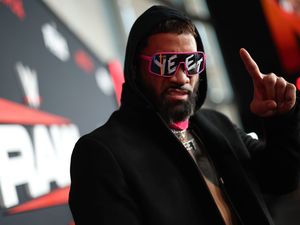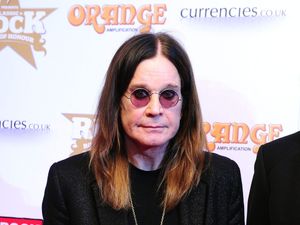Thousands shun colour in favour of black and white TVs
London has the largest number of monochrome sets in the UK at 1,768.

More than 7,000 people across the UK are still watching television in black and white, more than 50 years after the advent of colour programming.
London has the largest number of black and white sets at 1,768, followed by West Midlands with 431 monochrome licences and Greater Manchester with 390.
In total, 7,161 UK households have not switched over to colour transmissions, which started in 1967.

TV Licensing spokesman Jason Hill said: “Over half of the UK’s TVs now connect to the internet so it’s interesting that more than 7,000 households still choose to watch their favourite shows on a black and white telly.
“Whether you watch EastEnders, Strictly or Question Time in black and white on a 50-year-old TV set or in colour on a tablet, you need to be covered by a TV licence to watch or record programmes as they are broadcast.
“You also need to be covered by a TV licence to download or watch BBC programmes on iPlayer, on any device.”

Regular colour broadcasts began on BBC2 in July 1967 with the Wimbledon tennis tournament – three weeks ahead of West Germany.
The number of black and white licences issued each year has been in steady decline since.
In 2000, there were 212,000 black and white TV licences in force but by 2003 that number had shrunk to 93,000. By 2015, the number had dipped below 10,000.
London-based television and radio technology historian Jeffrey Borinsky said: “There are hundreds of collectors like myself who have many black and white TVs.
“Who wants all this new-fangled 4K Ultra HD, satellite dishes or a screen that’s bigger than your room when you can have glorious black and white TV?
“Thirty years ago, you could still buy black and white TVs, mainly small portables, for as little as £50 and it’s interesting to know that some of people still have them.”





